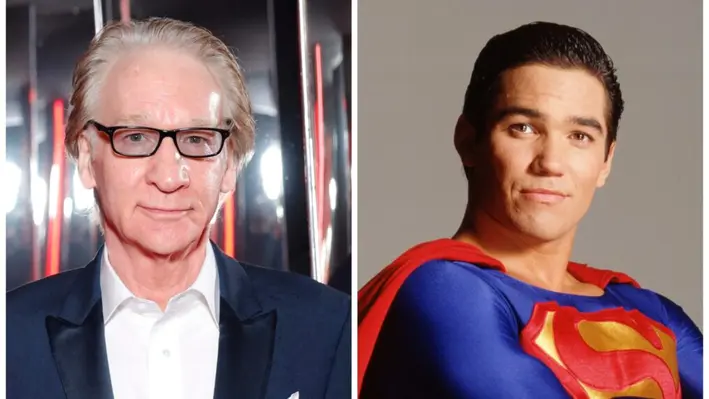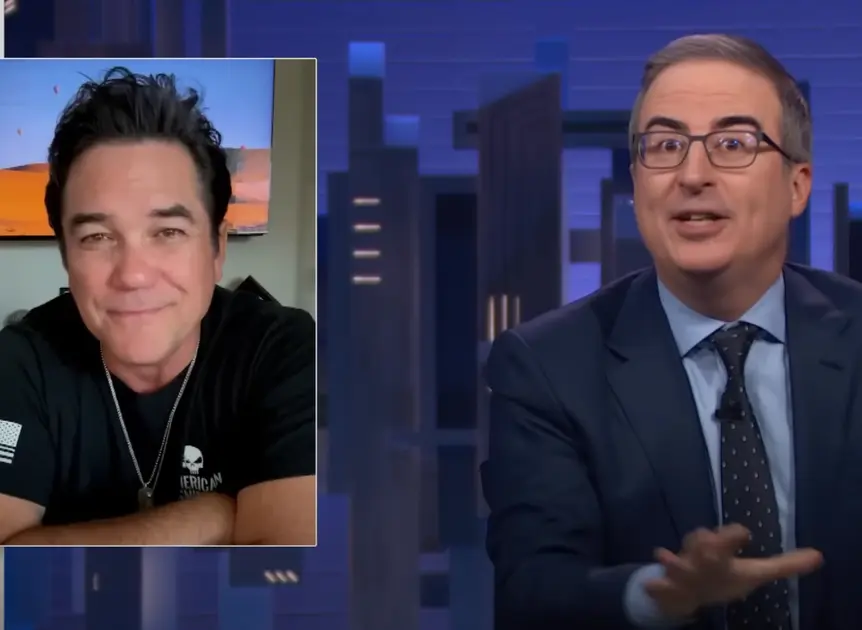T4K3.news
Leguizamo mocks Cain over ICE joining
A heated online exchange follows Dean Cain joining ICE, drawing reactions from Leguizamo and others.

Editorial take on the online backlash after Dean Cain joined ICE, prompted by comments from Leguizamo and other actors.
Leguizamo ridicules Cain for joining ICE
Dean Cain announced his decision to join the U.S. Immigration and Customs Enforcement. The reaction was swift. John Leguizamo took to Instagram to ask what kind of loser volunteers to be an ICE officer and then added a sharp follow-up remark. Fellow actor Kevin McHale joined the online conversation, calling Cain’s move pathetic and a sign of desperation. Entertainment Weekly highlighted the exchange, framing it as much about celebrity status as about immigration policy. The episode shows how online backlash can draw attention to a policy issue even when details remain unclear.
Key Takeaways
"What kind of loser volunteers to be an ICE officer"
Leguizamo's Instagram post reacting to Cain joining ICE
"What a moron. Dean Cain, your pronouns are has/been"
Leguizamo's follow-up remark
"Imagine being so out of work and desperate for attention that you join ICE"
Kevin McHale’s reaction cited by EW
This moment shows how celebrity statements can tilt public focus from policy details to personality clashes. The risk is that debates about immigration enforcement become a theatre of insult rather than a discussion of outcomes, safeguards, and humanitarian concerns. Online feuds can also polarize audiences who might not otherwise engage with the topic, amplifying soundbites over substance.
The incident underscores a broader trend: social media rewards bold, provocative takes. That can push complex issues into quick-fire narratives and heighten sensitivity to missteps or perceived insincerity. For readers, the challenge is to separate the chatter from the policy and to demand evidence and empathy in public debates about immigration and rights.
Highlights
- What kind of loser volunteers to be an ICE officer
- Imagine being so out of work and desperate for attention that you join ICE
- Dean Cain your pronouns are has been
Political and public reaction risk
The piece engages a high-profile immigration issue linked to celebrity remarks, which could trigger political backlash or misinterpretation. It also risks turning a policy debate into online quarrels rather than a thoughtful discussion of facts and rights.
Public discourse will keep testing the line between entertainment and policy.
Enjoyed this? Let your friends know!
Related News

Leguizamo Attacks Cain on ICE Plan

Leguizamo attacks Cain over ICE move

Ice funding rises as Cain joins

Leguizamo slams Cain over ICE role

Maher on Cain ICE move fuels debate

Celeb plan to join ICE prompts satire

ICE hiring drive draws criticism

John Oliver targets Cain over ICE move
